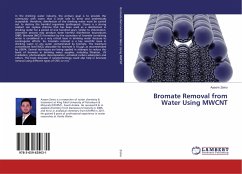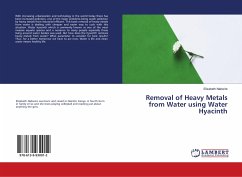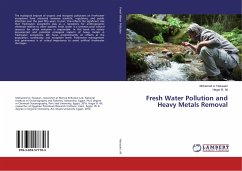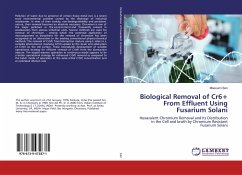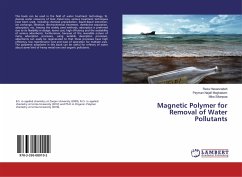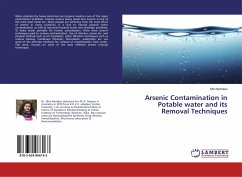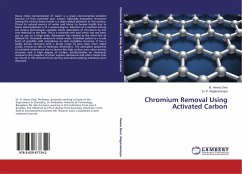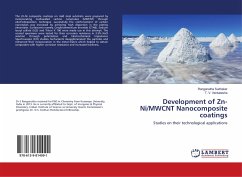In the drinking water industry, the primary goal is to provide the community with water that is both safe to drink and aesthetically acceptable. therefore, disinfection of the drinking water must be carried out to destroy the harmful organisms (pathogens). Ozone is a strong oxidant can replace chlorine that has been used as a disinfectant in drinking water for a period of one hundred years. Similar to chlorination, ozonation process may produce some harmful disinfection by-products (DBP). Bromate (BrO3-) formation by the ozonation of bromide containing water is considered as a very critical issue in drinking water because its carcinogenic effects. So, bromate removal is a key scientific issue in drinking water or any water contaminated by bromate. The maximum contaminant level (MCL) allowable for bromate is 10 g/L as recommended by USEPA. Several techniques are being applied in attempts to reduce the levels of bromate in drinking water supplies, including filtration, UV irradiation, photocatalytic decomposition, activated carbon adsorption and others. This book discusses if nanotechnology could also help in bromate removal using different types of CNTs or not.
Bitte wählen Sie Ihr Anliegen aus.
Rechnungen
Retourenschein anfordern
Bestellstatus
Storno

